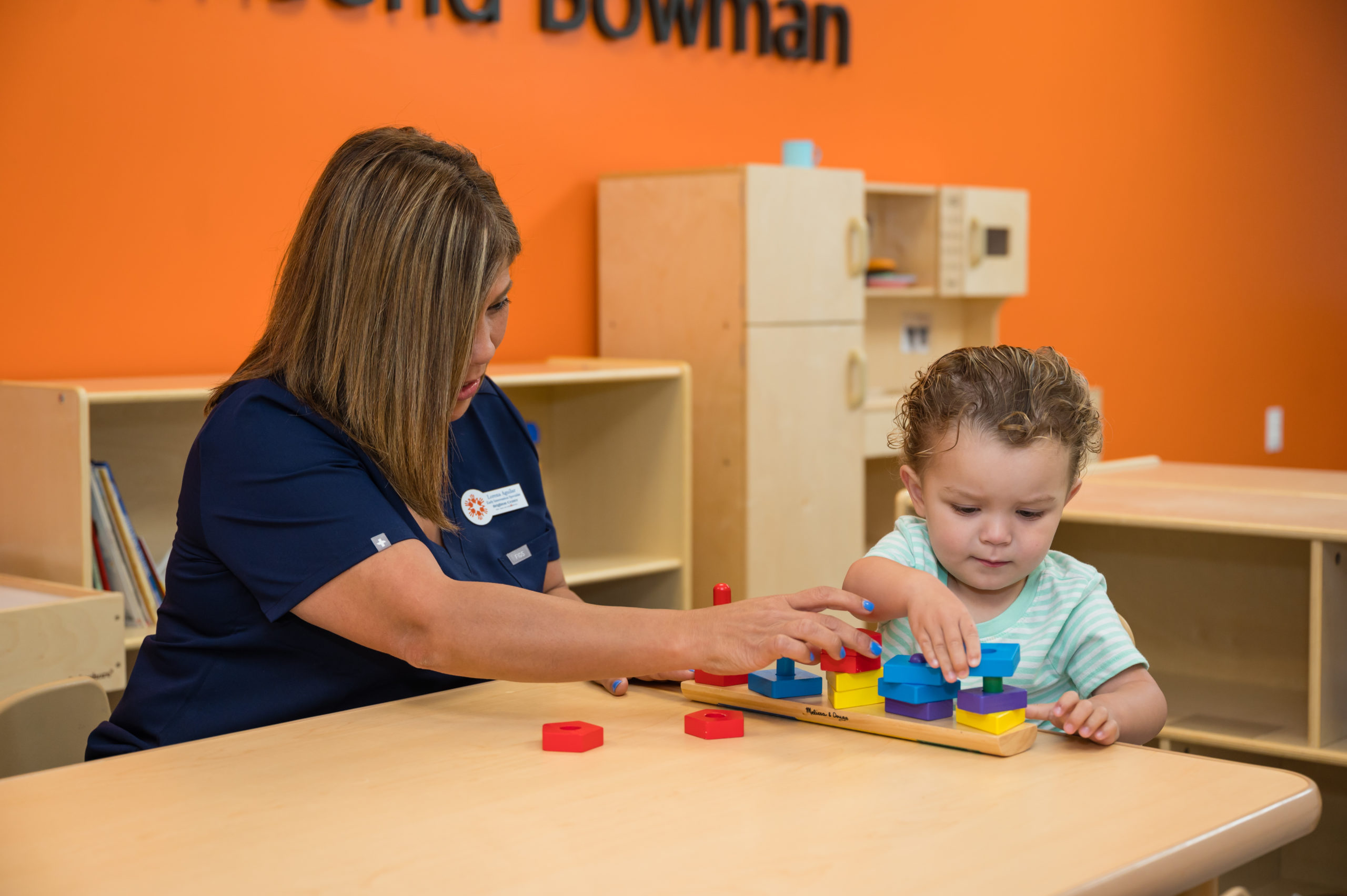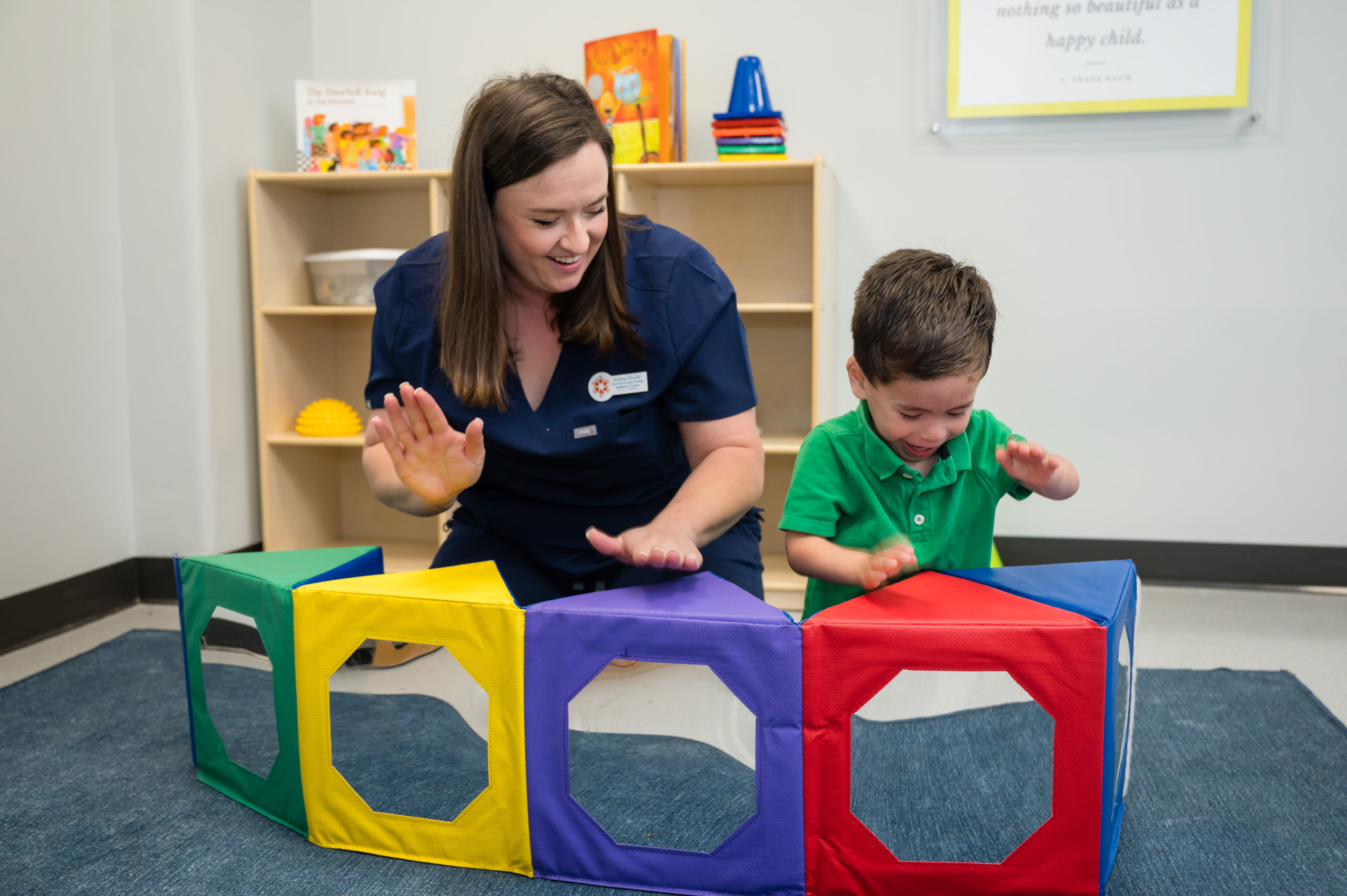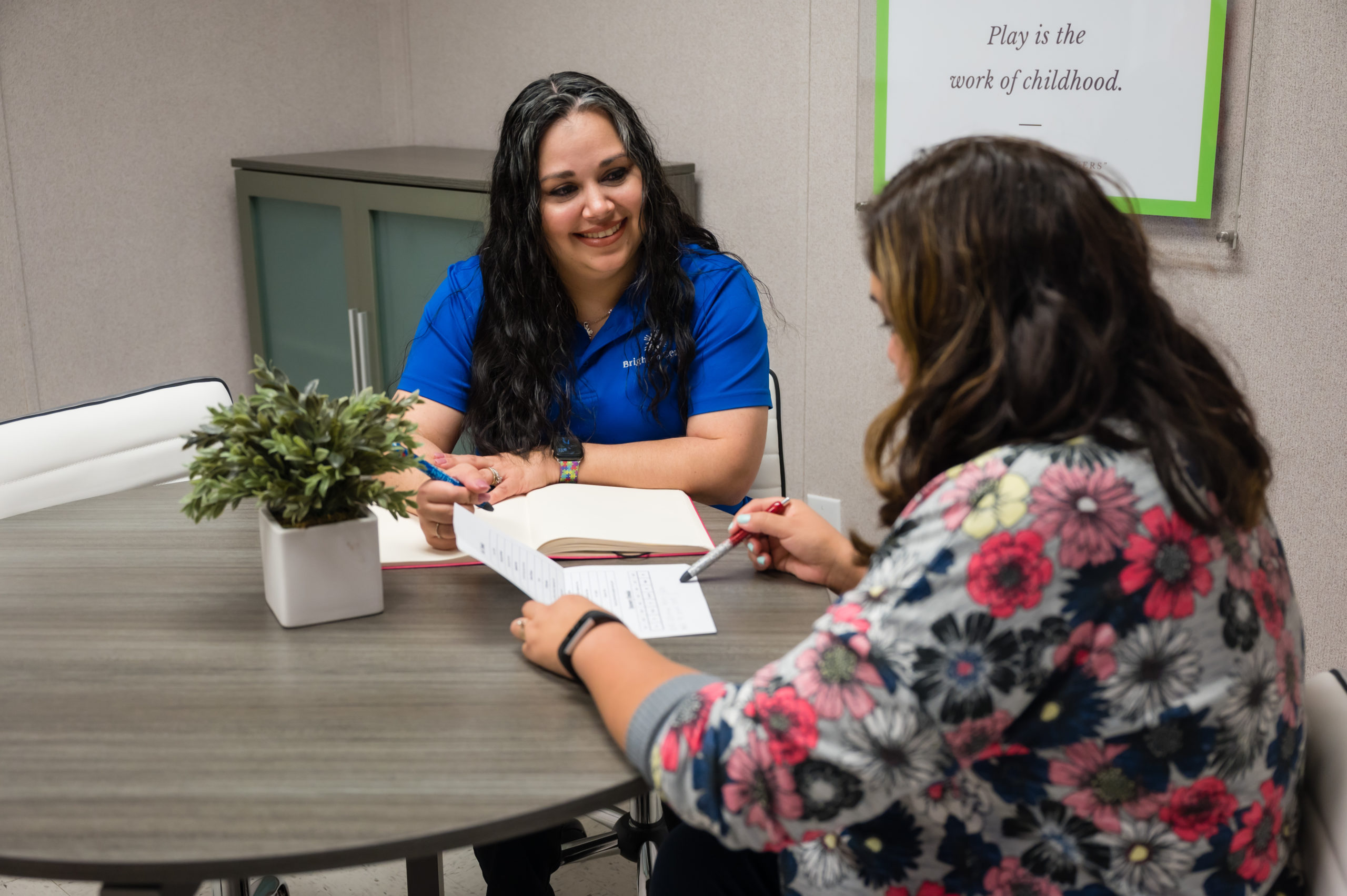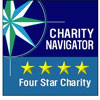- Follows instructions with 2 or 3 steps
- Can name most familiar things
- Understands words like “in,” “on,” and “under”
- Says first name, age, and sex
- Names a friend
- Says words like “I,” “me,” “we,” and “you” and some plurals (cars, dogs, cats)
- Talks well enough for strangers to understand most of the time
- Carries on a conversation using 2 to 3 sentences
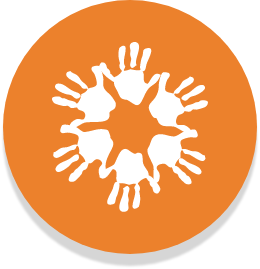
Pediatric Therapy Services
What Makes Brighton's Pediatric Therapy Services Different?
Brighton is a non-profit organization with a long history in San Antonio for providing quality pediatric therapy services to children with disabilities and delays. Our focus is on the development of your child, not on making a profit. We are committed to providing the right help at the right time to children while their brains are still in the main stages of development (birth to 5). With Brighton’s NEW Pediatric Therapy Clinic, your child can receive the speech, occupational, and physical therapy services they need from our qualified pediatric therapy service experts to get on track to reaching their fullest potential.
All Insurances Accepted
We don’t want anything to get in the way of your child’s developmental progress. That is why we work with ALL insurances and will ALWAYS work with families on co-pays and other fees.
Licensed Therapists Only
At Brighton we ONLY work with licensed pediatric therapy service therapists who will work with your child directly at every visit giving you the highest quality of care. Other pediatric therapy clinics employ therapy assistants and rely on them to provide them to the bulk of the pediatric therapy services.
Different Therapy Environments
Every child responds differently based on the environment they are in. That is why Brighton was intentional about creating multiple pediatric therapy environments for children that include group therapy rooms, individual pediatric therapy service rooms and an outdoor therapy space. These alternative spaces allow for a child to have different opportunities to progress in their development based on what environment works best for them.
Brighton Pediatric Therapy Services for Children
Developmental Checklist for Children Ages 3 & 4

“Brighton offers families hope, caring, understanding, education and every bit of it is 100% from their hearts. Our daughter has benefited from ALL of the services that Brighton has to offer. They have become like another family to us and they will always be a part of our lives.“
